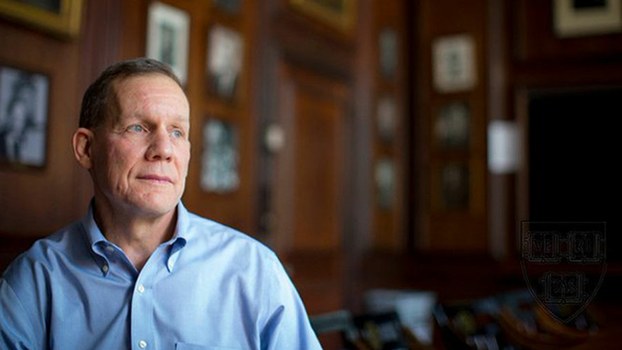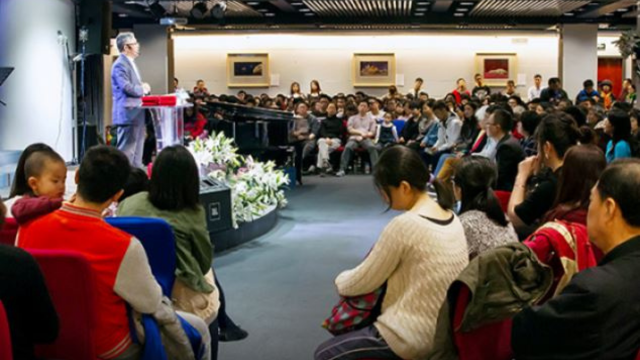
The head of Harvard University’s chemistry and chemical biology department, Charles Lieber, has been charged with making false statements about funding he received from the Chinese government.
Lieber had lied about his involvement in the Chinese government-backed Thousand Talents Program that brought him a monthly salary of up to U.S.$50,000 and additional living expenses, according to an affidavit filed by the FBI and posted on the Department of Justice (DOJ) website.
“Dr. Charles Lieber, 60, Chair of the Department of Chemistry and Chemical Biology at Harvard University, was arrested this morning and charged by criminal complaint with one count of making a materially false, fictitious and fraudulent statement,” the DOJ said in a statement.
Lieber was also given more than U.S. $1.5 million by the Chinese government and the Wuhan University of Technology (WUT) to set up a lab and conduct research at that university, the statement said.
Lieber made the allegedly false statements to the Department of Defense and the National Institutes of Health amid a nationwide probe into allegations that U.S.-based scientists have been stealing research for other countries, most of which have involved China, it said.
“On or about, April 24, 2018, during an interview with investigators, Lieber stated that he was never asked to participate in the Thousand Talents Program, but he “wasn’t sure” how China categorized him,” the DOJ said.
He repeated the denial when investigators contacted Harvard, suspecting that there was in fact a relationship with WUT, it said.
According to The New York Times, there are at least 180 investigations looking into intellectual property theft at 71 institutions across the U.S., with the Thousand Talents “foreign experts” program a major focus of the investigations.
Investigators are also alleging that he signed a research cooperation agreement with WUT on behalf of Harvard without the authority to do so.
Lieber was required to disclose any foreign collaborations and funding arrangements as a condition of the funding he also received from the Department of Defense and the National Institutes of Health, the DOJ statement said.
Administrative leave
He has been barred from Harvard’s campus and placed on administrative leave, according to technology website The Verge.
“The charges brought by the U.S. government against Professor Lieber are extremely serious,” the university told the publication.
“Harvard is cooperating with federal authorities, including the National Institutes of Health, and is conducting its own review of the alleged misconduct,” Harvard said in an emailed statement sent to The Verge.
According to the DOJ, China’s Thousand Talents Program is one of the most prominent schemes used by the ruling Chinese Communist Party to attract, recruit, and cultivate high-level scientific talent to further the country’s scientific development, economic prosperity and national security.
“These talent programs seek to lure Chinese overseas talent and foreign experts to bring their knowledge and experience to China and reward individuals for stealing proprietary information,” it said.
Anyone found guilty of making false, fictitious and fraudulent statements could face up to five years in prison, three years of supervised release and a fine of U.S.$250,000.
The DOJ said the charges are currently only allegations, and that defendants are presumed innocent until found guilty in a court of law.
French current affairs commentator Wang Longmeng said the Thousand Talents Program had a long history of attempts to steal high technology from around the world.
“[Some] scholars and officials who live in a democratic system and enjoy all its freedoms will aid and abet those who would harm it for personal gain,” Wang said.
“Western countries should get hold of a list of those recruited to China’s Thousand Talents Program and investigate them one by one,” he said.
Reported by Ng Yik-tung and Sing Man for RFA’s Cantonese Service, and by Jia Ao for the Mandarin Service. Translated and edited by Luisetta Mudie.
Source: Copyright © 1998-2016, RFA. Used with the permission of Radio Free Asia, 2025 M St. NW, Suite 300, Washington DC 20036. https://www.rfa.org.












